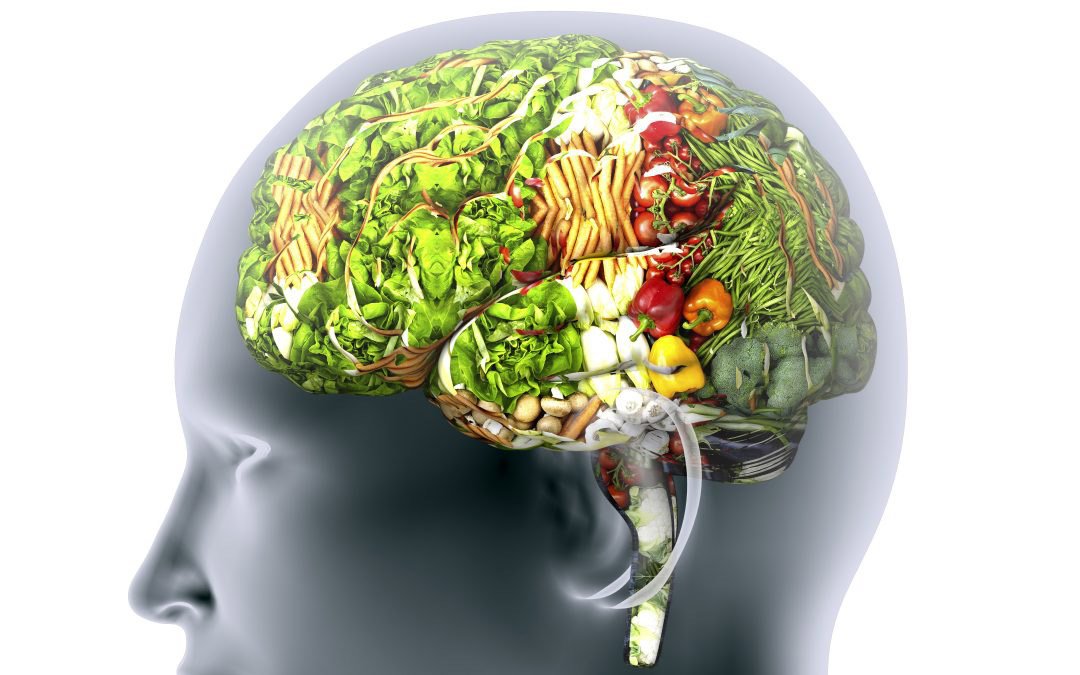
The Link Between Nutrition and Mental Health
Explore how balanced nutrition can significantly impact mental health, enhancing mood, cognition, and overall well-being.
Understanding the Basics of Nutrition and Mental Health
The connection between nutrition and mental health is an area of increasing interest among researchers and healthcare professionals. Nutrition provides the essential building blocks for the brain, influencing its function and structure. A balanced diet supplies the necessary vitamins, minerals, and other nutrients that help maintain cognitive function and emotional balance. Conversely, poor nutrition can lead to deficiencies that may affect mood, energy levels, and mental clarity. Understanding this relationship is crucial as it underscores the importance of dietary choices in maintaining mental well-being. A diet rich in fruits, vegetables, whole grains, lean proteins, and healthy fats can support brain health, while excessive consumption of processed foods, sugar, and unhealthy fats may contribute to mental health issues.
The Role of Micronutrients
Micronutrients, including vitamins and minerals, play a pivotal role in brain health. For instance, vitamin D is linked to the regulation of mood and prevention of depression, while B vitamins like B6, B12, and folate are essential for the production of neurotransmitters, which are chemicals that transmit signals in the brain. Deficiencies in these vitamins can lead to symptoms such as fatigue, depression, and cognitive decline. Minerals like zinc and magnesium are also crucial; they are involved in numerous biochemical reactions in the brain. Ensuring adequate intake of these micronutrients through a varied and balanced diet can help maintain optimal mental health and potentially reduce the risk of mental health disorders.
The Impact of Omega-3 Fatty Acids
Omega-3 fatty acids, particularly those found in fish oil, are well-documented for their benefits to brain health. These essential fats are critical components of cell membranes in the brain and have anti-inflammatory properties. Studies suggest that omega-3 fatty acids can help alleviate symptoms of depression and anxiety, and they may even improve cognitive function. The brain's high lipid content means it requires a steady supply of these fats to function optimally. Incorporating sources of omega-3s, such as fatty fish, flaxseeds, and walnuts, into your diet can support emotional well-being and cognitive performance. The balance of omega-3 and omega-6 fatty acids is also important, as an imbalance may contribute to inflammation and negatively affect mental health.
Gut Health and the Brain Connection
Recent research has shed light on the gut-brain axis, highlighting how gut health can influence mental health. The gut microbiome, which consists of trillions of bacteria, plays a crucial role in producing neurotransmitters and regulating inflammation. An imbalance in gut bacteria, often caused by poor diet, can lead to increased inflammation and changes in neurotransmitter production, potentially affecting mood and mental health. Probiotics and prebiotics, found in fermented foods and fibers, can promote a healthy gut microbiome, supporting mental well-being. This connection emphasizes the importance of a diet that supports gut health, which in turn can positively impact brain function and emotional health.
The Influence of Sugar and Processed Foods
High consumption of sugar and processed foods has been linked to an increased risk of depression and anxiety. These foods can lead to spikes and crashes in blood sugar levels, affecting mood stability and energy levels. Moreover, diets high in sugar and processed foods are often low in essential nutrients, contributing to deficiencies that can impact mental health. Reducing intake of sugary beverages, snacks, and fast food, and opting for whole, nutrient-dense foods can help stabilize blood sugar levels and provide the nutrients necessary for optimal brain function. By making mindful dietary choices, individuals can support both their physical and mental health.
The Importance of Hydration
Hydration is often overlooked in discussions about nutrition and mental health, yet it plays a critical role. The brain is composed of approximately 75% water, and even mild dehydration can impair cognitive function, mood, and concentration. Symptoms of dehydration include fatigue, confusion, and irritability, which can exacerbate mental health issues. Ensuring adequate fluid intake, primarily through water, can help maintain cognitive performance and emotional balance. It's essential to listen to your body's signals and drink enough fluids throughout the day to support overall well-being. Including hydrating foods such as fruits and vegetables in your diet can also contribute to maintaining proper hydration levels.
Practical Steps for a Healthier Mind
To support mental health through nutrition, consider implementing practical dietary changes. Start by incorporating a variety of nutrient-rich foods into your diet, such as leafy greens, berries, nuts, seeds, and lean proteins. Limit the intake of processed foods, sugar, and unhealthy fats, which can negatively impact mental health. Paying attention to portion sizes and meal timing can also help maintain stable energy levels and mood throughout the day. Additionally, staying hydrated and ensuring adequate sleep and physical activity are vital components of a holistic approach to mental health. By making these adjustments, individuals can foster a healthier mind and improve their overall quality of life.